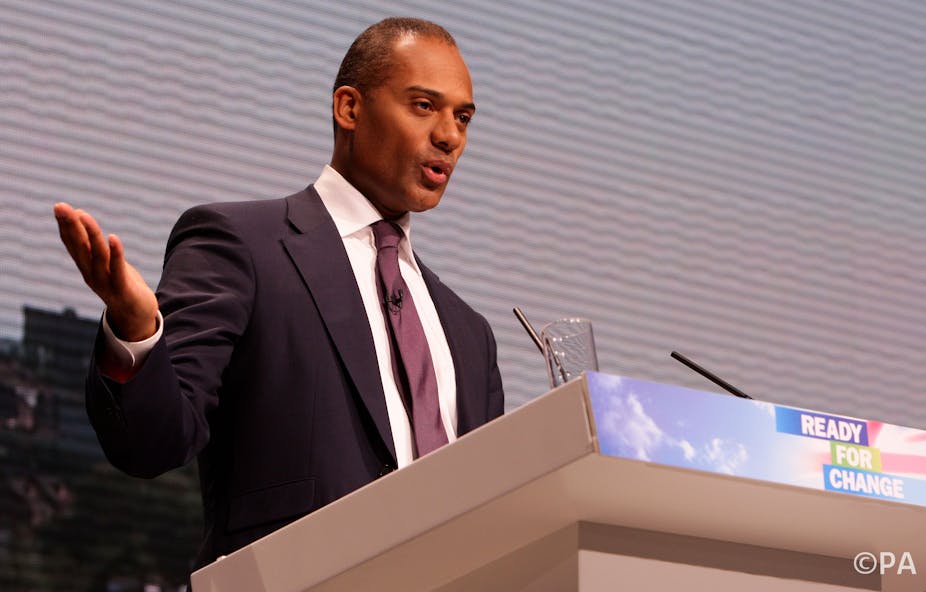Conservative politician Adam Afriyie has made his contribution to the debate about parliamentarians living far from reality by proclaiming that it is “almost impossible to operate on the salary that is given to MPs if you come from a middle-income family”.
This comes after a scandal that saw senior parliamentarians Jack Straw and Malcolm Rifkind peddling their influence for cash. Rifkind argued that he couldn’t possibly get by on his £67,000 income.
Afriyie’s claim is arguable in principle and desperately unwise in practice as far as public trust goes. During an interview with Chat Politics he suggested that members of parliament should be compensated to the tune of £225,000. This is the figure he arrived at by uprating the first salary paid to MPs in 1911 – which was £400 – to today’s prices.
Afriyie used an online tool called Measuring Worth to make his calculations but even this gives only a ballpark figure. In fact, the tool suggests that £400 in 1911 money would be valued anywhere between £35,540 and £284,500. Afriyie appears to have opted to look to the higher end of the scale when appealing for more money.
Either way, in 1911 the average industrial worker’s wage was £250 – just over half an MP’s salary; today it is rather less than half of MPs’ current take-home pay.
Comparisons over time like this are notoriously difficult to make in a meaningful way. I did my own calculations using the National Archives Currency Converter and came up with £22,800 in 2005 prices for £400 in 1910 prices. That gives us an outcome much nearer to the average income of constituents – and a significant pay cut for the MPs.
In Afryie’s defence it might be argued that he also proposed that expenses should be subsumed into this larger salary for MPs. But this and his apparent decimal error betray the real problem.
MPs such as Afriyie appear to think that £225,000 is an ordinary sum of money, and regard their current pay – which weighs in at well over twice the national average income – as inadequate. They also draw no distinction between expenses and pay.
How many times have defensive MPs like Eric Pickles insisted that their expenses claims are legitimate because they “put the hours in”? The expenses regime should be much more generous and rigorous to match those in other democratic countries. It is for costs legitimately incurred in representing constituents; the salary is for the hours of work.

Rifkind defended his position on MPs’ pay by arguing that only by offering high salaries can parliament attract quality representatives. But that is not why MPs were originally paid. The original idea in 1911 was to make it possible for those who could not afford it independently to represent their fellow citizens. It was not to attract those who are already well-resourced away from work they prefer.
MPs have already awarded themselves a 9% pay rise this session. Some continue to offer apologias or mitigation for MPs seeking extra sums “under the radar” like Straw because they feel impoverished and even, with Rifkind, claim they do not receive a salary at all.
In August last year Mark Simmonds, the Foreign Office minister responsible for Africa, resigned saying that he couldn’t keep his family on the £110,000 he (and, as his secretary, his wife) received from public funds.
That a Parliament full of people accustomed to high incomes fails to recognise smaller sums of money is not surprising. That intelligent MPs have not learnt the lessons of the expenses scandal is more disturbing.
Afriyie, as it happens, is already a multi-millionaire who continues to receive multiples of his MP’s salary as a company director. The comparatively modest wages of his day job do not seem to have weakened his widely-rumoured ambitions within the Conservative Party.
Everything from surveys of public opinion to party membership figures to election results and turnout tells us that the public remains somewhere between sceptical and angry towards the established parties as a group.
The Hansard Society’s annual Audit of Political Engagement showed by 2012 that voter confidence in the political system and likelihood of voting had dropped to their lowest levels in the ten-year history of the audit.
Recent events will only have served to persuade the public they are right in their suspicions about the political class. The remuneration of MPs may need amendment, in one direction or the other; but their public relations need much more urgent work.

